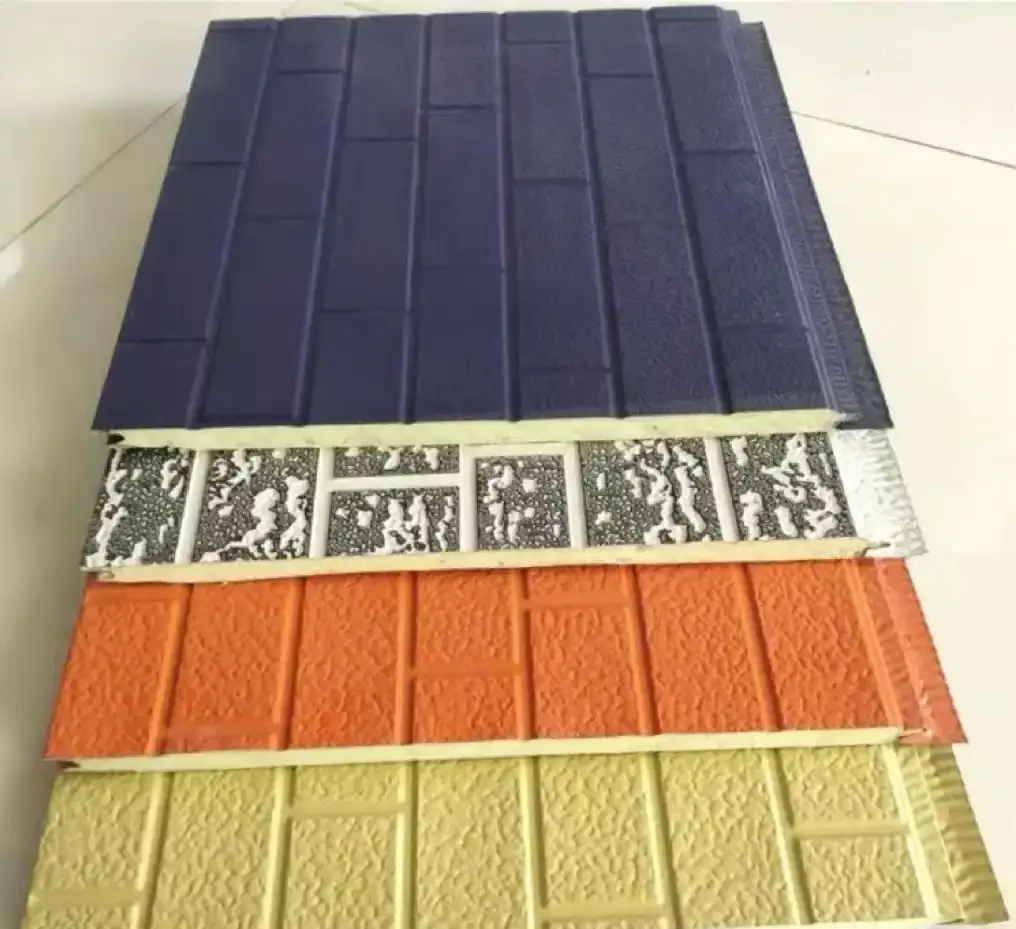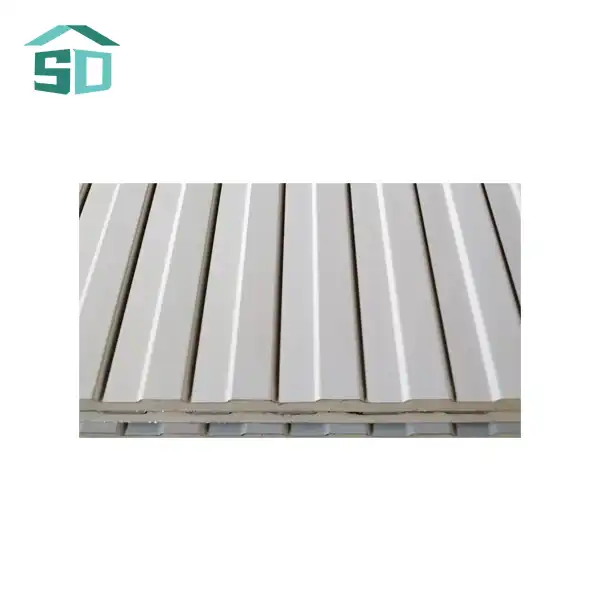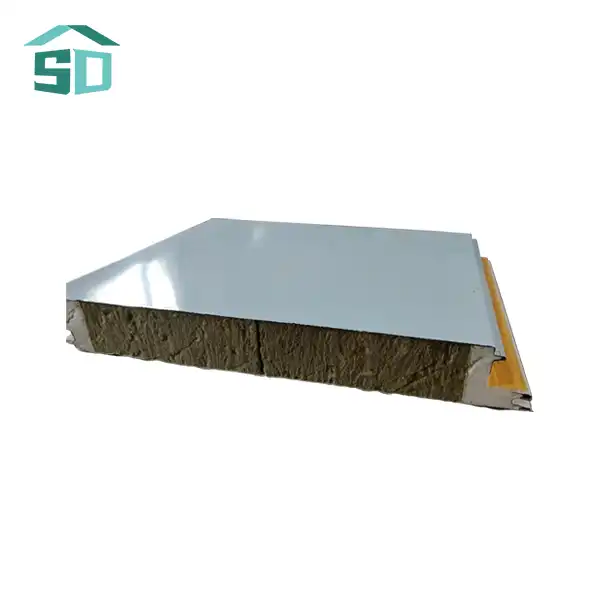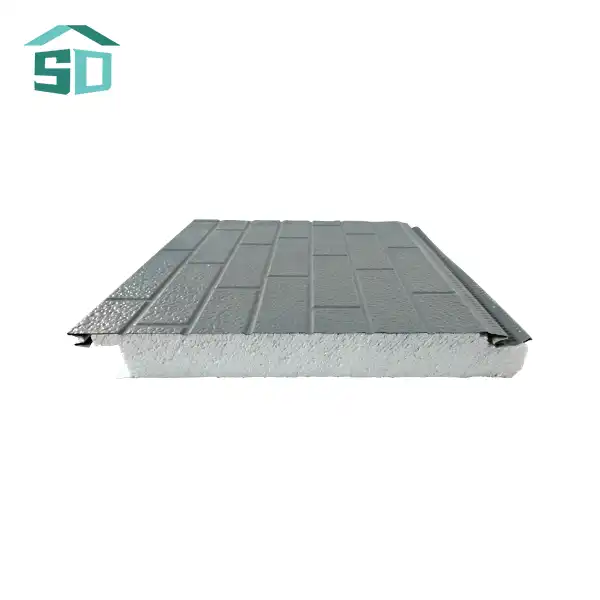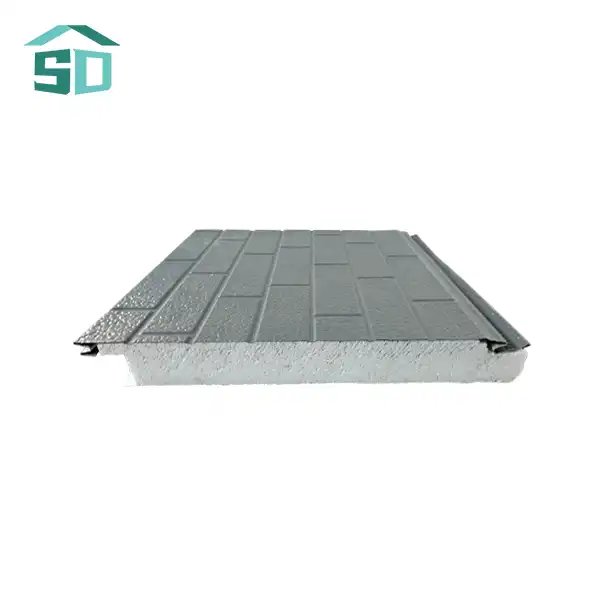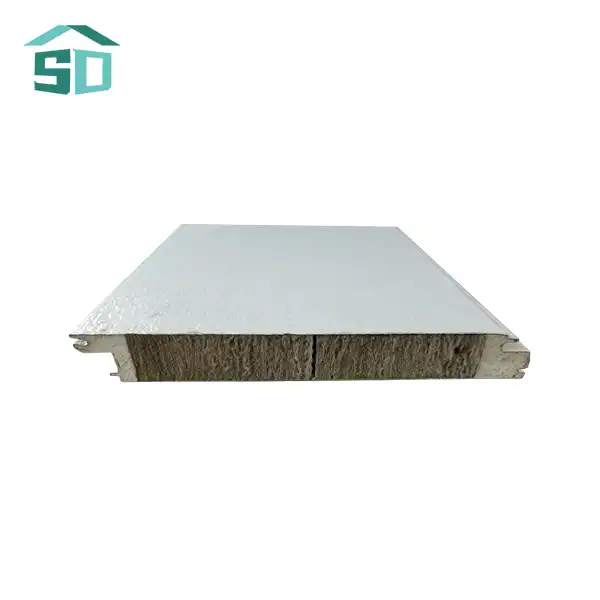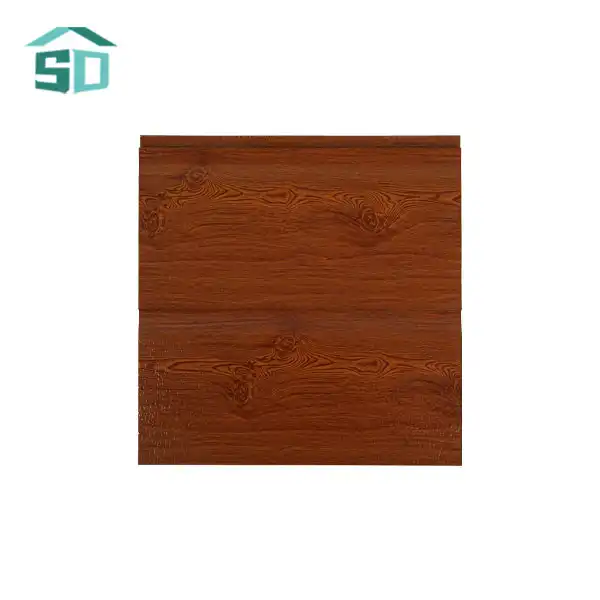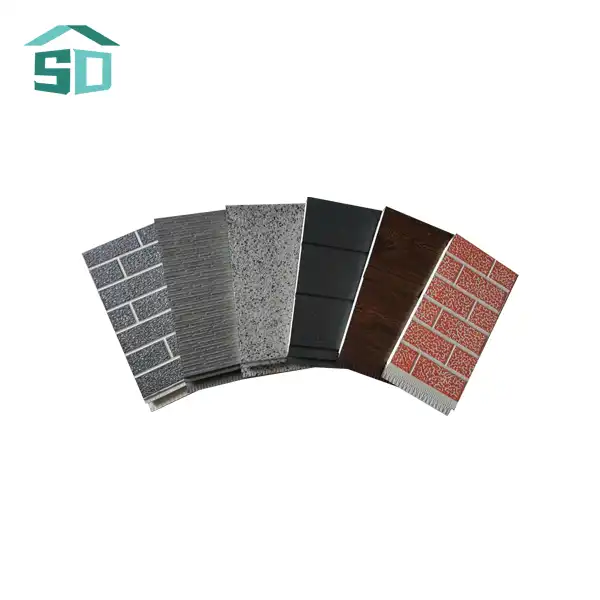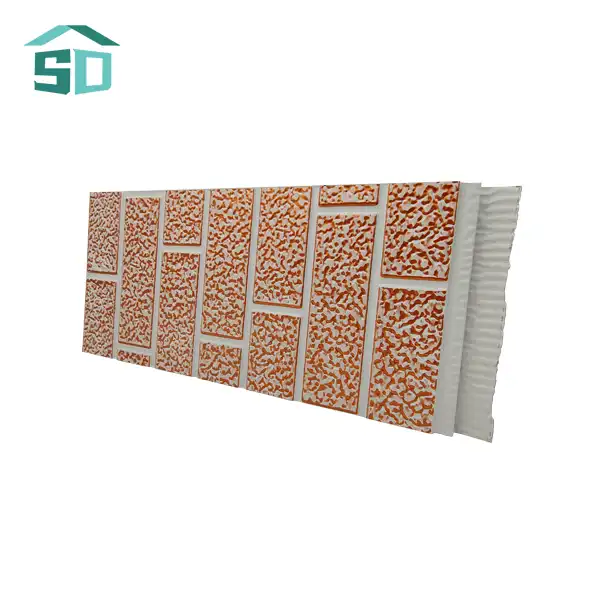Grasping the Challenges of Humid and Coastal Climates
The Impact of Humidity and Salt Air on Building Materials
Humid and coastal climates present unique challenges for building materials. High moisture levels and salt-laden air can accelerate corrosion, leading to premature deterioration of traditional building materials. Insulated wall panels, however, are specifically designed to withstand these harsh conditions. As a leading insulated wall panels manufacturer, we've developed panels that resist moisture penetration and salt corrosion, ensuring longevity even in the most demanding coastal environments.
Energy Efficiency Concerns in High-Humidity Areas
Maintaining energy efficiency in humid climates can be challenging due to the constant need for dehumidification and cooling. Insulated wall panels excel in addressing this challenge by offering superior thermal insulation that helps regulate indoor temperatures more effectively. By minimizing unwanted heat gain and loss, these panels reduce the strain on HVAC systems, which not only improves overall indoor comfort but also lowers energy bills. Over time, the consistent energy savings can represent a significant reduction in operational costs.
Aesthetic Considerations for Coastal Architecture
Coastal buildings often require a specific aesthetic that blends seamlessly with their natural surroundings while still meeting functional demands. Our insulated wall panels are available in a wide range of finishes, textures, and colors, enabling architects and designers to create structures that balance visual appeal with durability. Whether the goal is to achieve a modern look or a traditional coastal style, these versatile panels provide the flexibility to design attractive façades that harmonize with the environment while delivering high-performance benefits.
Key Features of Insulated Wall Panels for Coastal Applications
Moisture Resistance and Vapor Barriers
One of the most critical features of insulated wall panels for coastal use is their advanced moisture resistance. High humidity and frequent exposure to moisture can cause severe problems, including mold, mildew, and long-term structural damage. Our panels are engineered with integrated vapor barriers that effectively block moisture ingress, protecting interior spaces from humidity-related deterioration. This moisture-resistant performance ensures that buildings in coastal and humid climates maintain their integrity, promoting healthier indoor environments and significantly extending the lifespan of the structure.
Corrosion-Resistant Materials and Coatings
To combat the corrosive effects of salt air, our insulated wall panels are manufactured using corrosion-resistant materials and protective coatings. These specialized treatments ensure that the panels maintain their structural integrity and appearance even when exposed to harsh coastal conditions over extended periods.
Thermal Performance in Varying Climate Conditions
Insulated wall panels offer superior thermal performance, crucial for maintaining comfortable indoor temperatures in humid climates. The panels' insulating core effectively reduces heat transfer, helping to keep interiors cool during hot, humid weather and warm during cooler periods. This consistent thermal performance contributes to improved energy efficiency and reduced HVAC costs.
Installation and Maintenance Considerations for Coastal Projects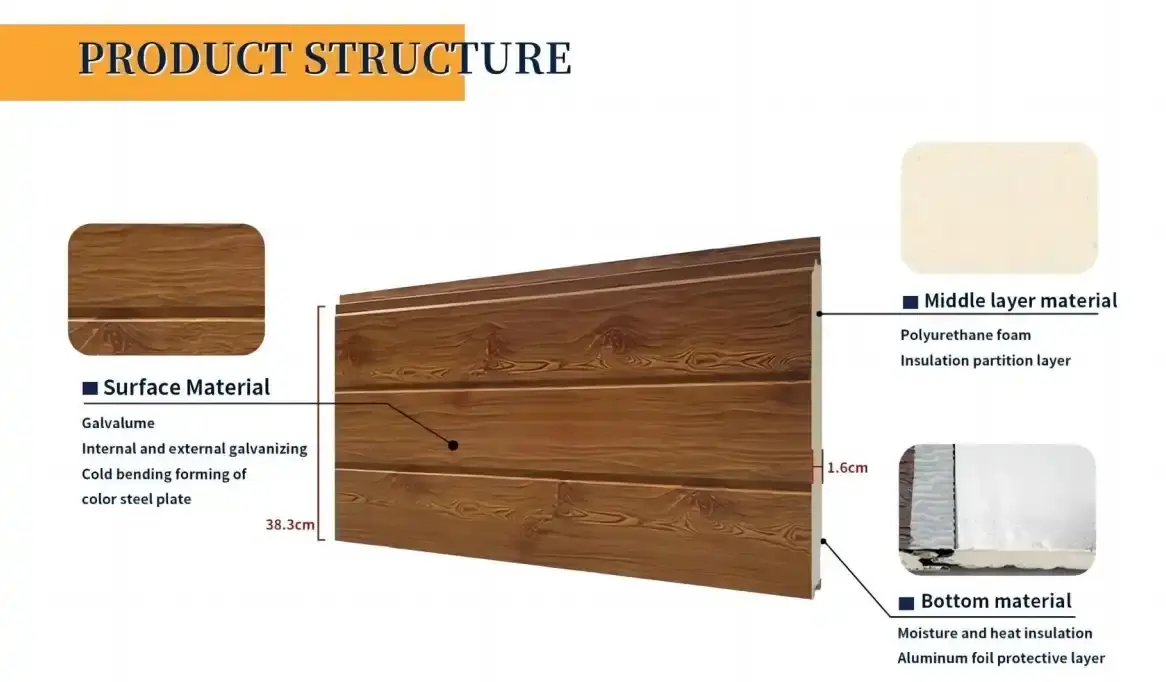
Proper Installation Techniques for Maximum Durability
The effectiveness of insulated wall panels in coastal environments heavily depends on proper installation. Our team of experts recommends specific installation techniques tailored to coastal conditions, ensuring optimal performance and longevity. These techniques include using specialized sealants, proper fastening methods, and careful attention to panel joints to prevent water intrusion.
Long-Term Maintenance and Care for Insulated Panels
While insulated wall panels are designed for low maintenance, regular care can significantly extend their lifespan in coastal areas. We advise periodic inspections and gentle cleaning to remove salt deposits and other contaminants. This proactive approach helps maintain the panels' aesthetic appeal and functional integrity over time.
Cost-Benefit Analysis of Insulated Panels in Coastal Construction
When considering insulated wall panels for coastal projects, it's important to evaluate the long-term cost benefits. While the initial investment may be higher compared to traditional materials, the durability, energy efficiency, and reduced maintenance needs of insulated panels often result in significant cost savings over the life of the building. This makes them a smart choice for coastal construction projects.
Conclusion
In conclusion, insulated wall panels emerge as the superior choice for buildings in humid and coastal climates. Their unique combination of moisture resistance, corrosion protection, and thermal efficiency addresses the key challenges posed by these environments. By choosing high-quality insulated wall panels, property owners and builders can ensure long-lasting, energy-efficient structures that withstand the tests of time and nature in coastal settings. The initial investment in these advanced building materials pays dividends through reduced maintenance costs, improved energy efficiency, and enhanced building longevity.
Are you planning a coastal construction project? Consider the unparalleled benefits of our insulated wall panels. At Weifang Sandong Building Materials Co., Ltd., we're committed to providing innovative solutions that meet the unique demands of coastal and humid environments. Our decorative insulated wall panels offer not just superior protection but also aesthetic appeal, allowing you to create beautiful, durable structures that harmonize with their coastal surroundings. Ready to elevate your coastal building project? Contact us at info@sdqsc.com to learn more about our cutting-edge insulated wall panel solutions and how they can benefit your next construction endeavor.
FAQ
How long do insulated wall panels typically last in coastal environments?
With proper installation and maintenance, our insulated wall panels can last 30-50 years in coastal environments, significantly outperforming traditional building materials.
Can insulated wall panels help reduce energy costs in humid climates?
Yes, the superior insulation properties of these panels can lead to energy savings of up to 30% compared to traditional construction methods in humid climates.
Are there special considerations for installing insulated wall panels in coastal areas?
Yes, installation in coastal areas requires specific techniques such as using corrosion-resistant fasteners and specialized sealants to ensure optimal performance and longevity.
How do insulated wall panels contribute to sustainable building practices?
These panels are often made with recyclable materials and their energy efficiency properties contribute to reduced carbon footprints, aligning with green building standards.
References
1. American Society of Heating, Refrigerating and Air-Conditioning Engineers. (2017). ASHRAE Handbook: Fundamentals. ASHRAE.
2. Lstiburek, J. (2006). Water Management Guide. Building Science Press.
3. National Institute of Building Sciences. (2019). Whole Building Design Guide: Building Envelope Design Guide.
4. U.S. Department of Energy. (2021). Energy Saver: Insulation.
5. International Code Council. (2018). International Building Code. ICC.
